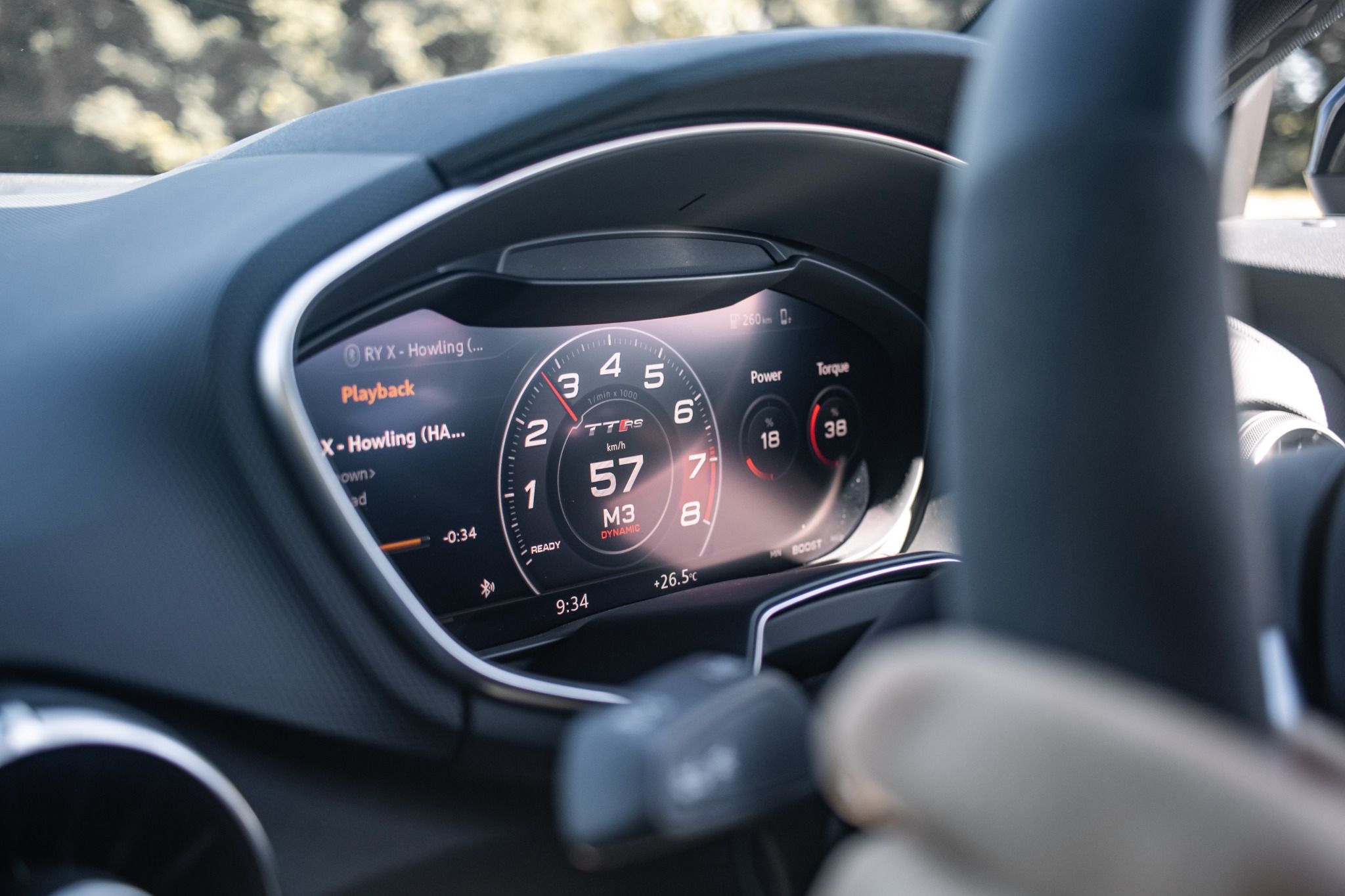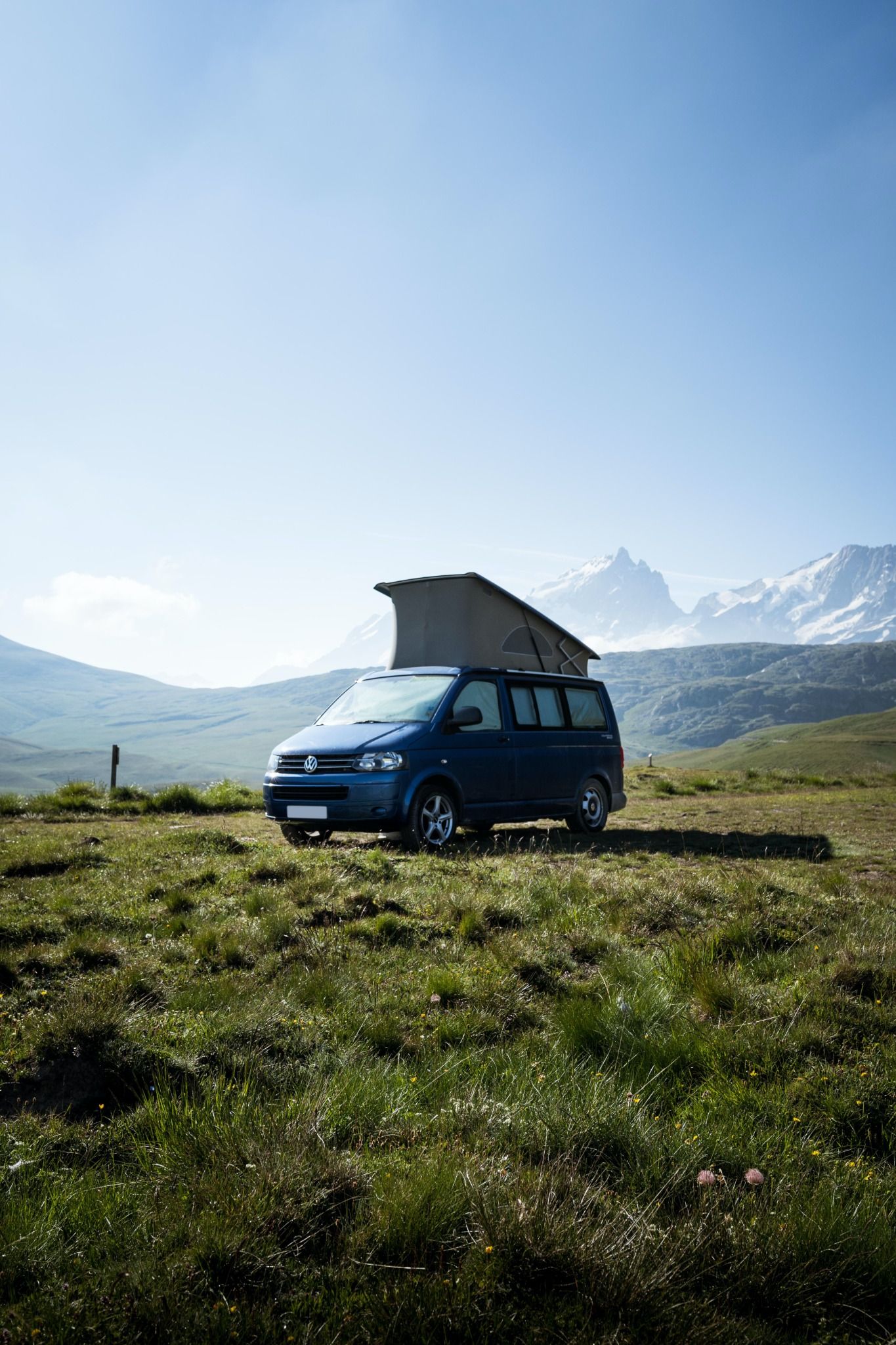With recent changes to the Highway Code, many of us will have been reading up on the updated rules of the road. but if you own a campervan (or are looking to purchase one), do you know the rules surrounding campervans? There’s no harm in having a quick refresh before you get behind the wheel to set off on your next adventure!
Keeping your passengers safe:
If you use your campervan for road trips with friends or for family holidays, being up to date on the latest guidance and laws surrounding the carriage of passengers is key. First things first, there is no specific legal limit on the maximum number of passengers you can carry in your vehicle. Here’s where your common sense comes in, check the manufactures specification to find out how many people the camper is designed to hold. It may seem like an obvious point to make but it’s something that may be relevant when it comes to insuring your campervan.
As you can imagine, walking around a moving vehicle is not safe, therefore all passengers must be seated when your camper is in transit. Not only is it dangerous for the passengers, but it can also be distracting for the driver and therefore cause danger to other road users. If your campervan was manufactured after 2006, all passengers are required to wear a seatbelt when in transit. Seats with seatbelts are known as designated travel seats, side facing seats cannot be designated as travel seats.For those of you that own older campervans, it’s possible that not all of the rear seats have a seat belt fitted. Whilst it is technically legal for passengers in said rear seats to travel without a seatbelt, it is strongly advised against.
Government guidance is that the safest way for passengers to travel is in a forward or rear facing seat complete with a three-point seatbelt. Any seat belts that are fitted retrospectively must comply with current law and regulations. The laws surrounding the use of child seats remain the same no matter the vehicle you are in. Children must use a child seat up until the age of 12 or until they reach 135cm tall. You’ll want to ensure that you keep yourself and your passengers’ safe whilst travelling. Wearing your seatbelts correctly, is an easy way to achieve this.

Check your licence:
Before you even put yourself in the driving seat, are you sure that you have the correct licence to be driving a campervan?Well, the type of license you need depends on your age, as well as the vehicle’s maximum authorised mass, this is the weight of your vehicle combined with the maximum load it can carry, often referred to as MAM.
To drive a campervan with a MAM anywhere between 3.5 to 7.5 tonnes, you will need a category C1 licence. For a campervan with a MAM of over 7.5 tonnes, a category C licence is required.You can check which licence you have or are eligible for with this handy tool: Vehicles you can drive .

Overnight Sleeping
If you’re the spontaneous type who’s likely to head off on a weekend adventure at a moment’s notice, it’s best to know what the rules are when it comes to where you can sleep in your campervan. Our advice would be to always seek out official campsites, this is the easiest way to ensure that you won’t land yourself in any trouble.
When it comes to stopping overnight on a car park, it is always best to check what the regulations state, these will be clearly signposted, as will any penalties you may incur from breaking the rules. This will differ dependent on who owns the car park. Most do not allow overnight parking, and those that do may state that they do not allow overnight camping. There’s no hard and fast rule on what the difference between overnight parking and overnight camping is, so make sure you do your research beforehand.
Similarly to staying overnight on a car park, the rules around sleeping in your campervan on the road can get a little hazy, especially as rules differ across the UK. There are no laws against sleeping in your vehicle overnight near a public highway, but you have to ensure that you are not causing any obstructions. A perfect example of causing an obstruction is parking in a passing place, as these are as you’d imagine, designed to allow traffic to pass each other, it’s advised to never park in a passing place.
Not only is it important to consider your impact on other road users when you park up for the night, it’s also worth considering whether there are safety risks to where you have parked.
Alcohol Usage
Laws surrounding drink driving in the UK are crystal clear and carry severe penalties, but what happens if you park your campervan up for the night and fancy a beer or two with your dinner? Well, there’s still a possibility that you could receive a penalty, even if you have no intention of driving until the alcohol has left your system.
This is because one of the main offences regarding drink driving is being in charge of a vehicle while above the legal limit. Even if you have no intention of driving after having an alcoholic drink, you could still be deemed to be in charge of the vehicle. If you are found to be guilty of this, you could receive a fine of up to £2,500, a three month’s imprisonment or be banned from driving.
Once again, the safest way to ensure that you are not breaking any rules, is to stay on an official campsite, as it’s easier to prove that you don’t have any intention of moving the campervan until you are sober.
If you’re parked up by the side of the road, it’s much trickier to prove that you intend to put your head down for a restful night’s sleep after you’ve consumed alcohol. In this situation, it is much safer and more sensible to not exceed to legal limit, or steer clear of alcohol all together.
Knowing your speed limits
Finally, before you set off on your big adventure, are you aware that speed limits can change dependent on your vehicle? For any campervans (classified as motor caravans for this purpose) that have a maximum unladen weight of no more than 3.05 tonnes) the speed limits remain the same as they would if you were driving a car. It does differ slightly for any campervans that have an unladen weight of more than 3.05 tonnes. Whilst still being able to travel at 70mph (122km/h) on the Motorway, the differences come in on single and dual carriage ways. Where a car would be able to travel at 60 mph (96km/h) on a single carriage way, a campervan weighing over 3.05 tonnes cannot exceed 50mph (80km/h). On dual carriage ways, these campervans cannot exceed 60mph (96km/h).
Now you’re up to date with the rules and regulations regarding campervans, you’re all set to pack up your things and head off on holiday! If you’re struggling for what to pack, take a look at our handy checklist.If you’re still considering making the leap and purchasing a campervan, why not browse our Used Campervans.

